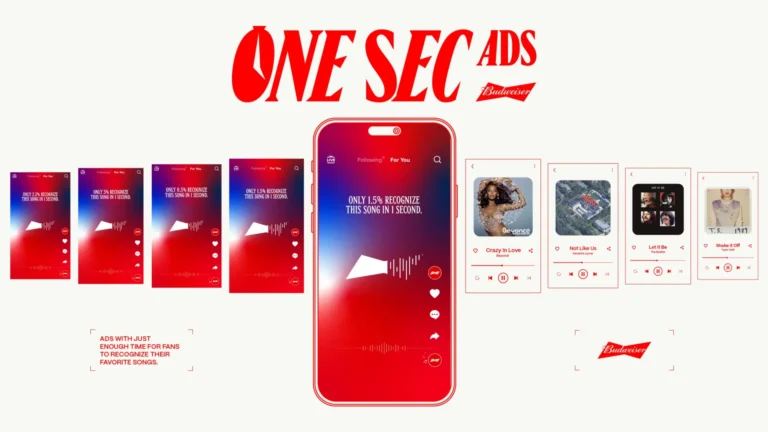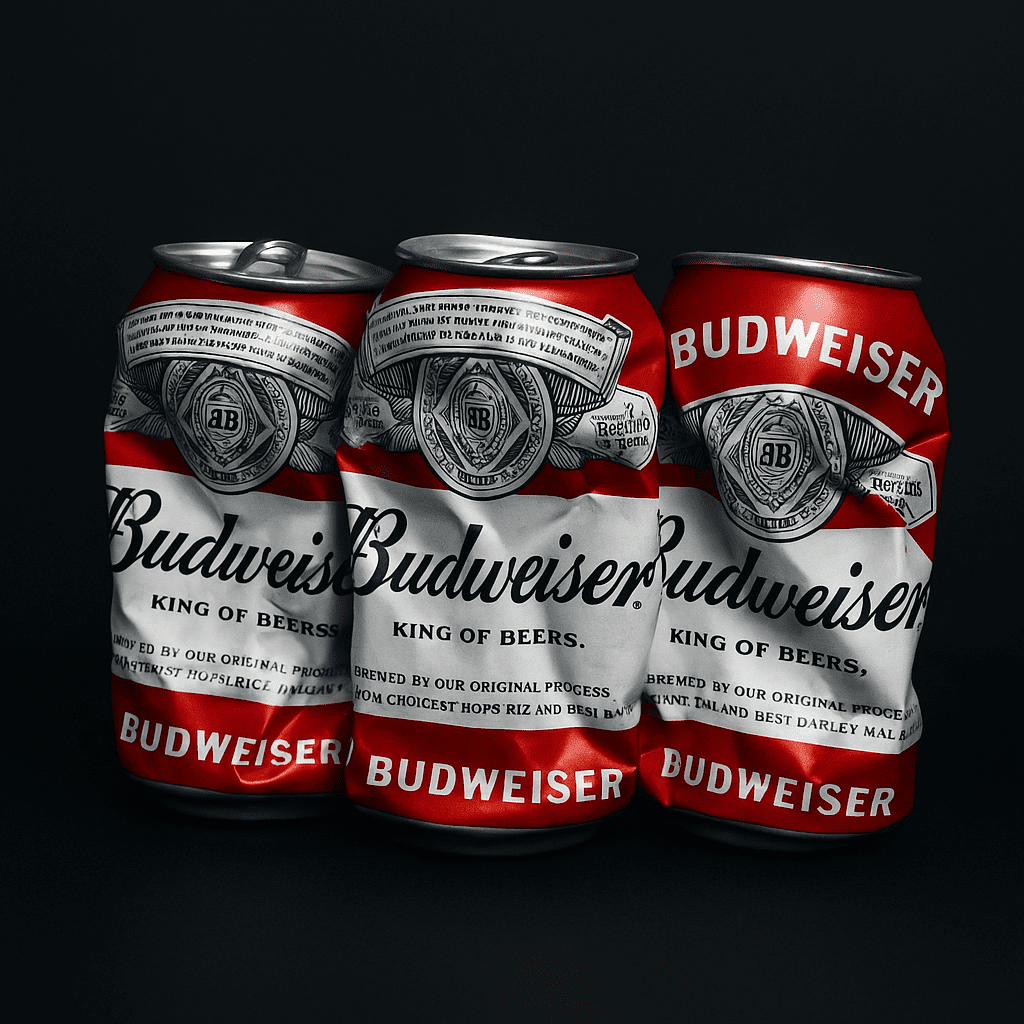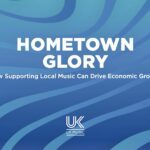Earlier this month (June 2025), Budweiser’s Iconic Sounds campaign picked up the Grand Prix at Cannes Lions for Audio and Radio. But the brand is now facing widespread backlash, not for the idea itself, but for how it sidestepped music licensing.
The campaign featured one-second snippets of iconic songs by Beyoncé, The Beatles, Taylor Swift, and others, encouraging TikTok users to guess the track. It was a simple concept with big results: 68 million impressions in two weeks, received 119% more views than the benchmark and received over 125k comments.
But instead of celebrating music, the campaign boasted about avoiding music royalties altogether.
“Since we used only one second of each song, we didn’t need to pay for music rights,” wrote agency Africa Creative DDB in its widely-reported Cannes submission.
Cannes jury president Xolisa Dyeshana echoed it during the awards ceremony.
“For one second of an ad, you don’t have to pay rights or publishing,” he said.

The idea that you can use a second or two of a track without a licence is fiction. Copyright law doesn’t care about duration, it cares about recognition, and recognisable use in public requires a licence, even in Brazil, where the campaign was made. If Budweiser used those clips without permission, it’s copyright infringement.
The Cannes entry film admits the campaign only worked because of the music.
“Without the songs, this campaign would have never worked. The songs were the campaign.”
So why weren’t the people behind the music paid? Budweiser has long aligned itself with music culture, so why are they still treating music as if it has no value This campaign threatens that legacy.
Critics have pointed out the hypocrisy. Budweiser’s parent company, AB InBev, has previously taken legal action against rival beer brands for infringing its trademarks.
The brand didn’t just skip music licensing, it celebrated doing so, and then got rewarded for it.
The Cannes jury gave the top prize to a campaign that bypassed artist compensation. They didn’t reward musical creativity but they did reward exploitation of a non-existent copyright loophole.
This raises bigger questions. If Cannes celebrates unpaid creativity, what message does that send to artists struggling to earn in a low-royalty world? It sets a damaging precedent.
Budweiser’s campaign was clever, but clever doesn’t excuse using artists’ work without paying them. Music isn’t free and respecting creativity means respecting the people behind it too.





